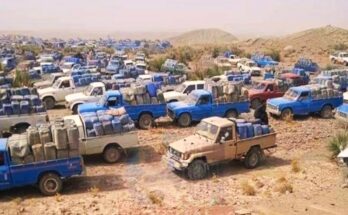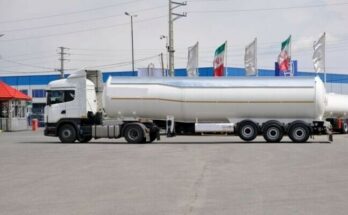Since there haven’t been any significant hydrocarbon discoveries in a long time, Pakistan’s oil and gas reserves have decreased by 17% and 6%, respectively, over the past year until June 2023.
According to a research firm that used data from the Pakistan Petroleum Information Services (PPIS), it suggests that any remaining deposits will be fully used up in the following 15 years. From 233 million barrels in June 2022 to 193 million barrels in June 2023, Pakistan’s crude oil reserves decreased by 17%. “Natural decline in major oil fields” is said to be the cause of the depletion.
Similarly, natural gas reserves decreased by 6%, from 19,513 billion cubic feet (bcf) in June 2022 to 18,339 bcf at the end of June 2023. After examining the trends in hydrocarbon production and consumption, analysts believe that the country’s total hydrocarbon reserves would last for 15 years.
These are the four major oil and gas exploration companies operating in Pakistan. Reportedly, the reserves left by the Oil and Gas Development Company (OGDC) were likely to be consumed in 20 years while the reserves of Mari Petroleum would be exhausted in 15 years. Hydrocarbon reserves at Pakistan Petroleum Limited (PPL) have only around 11 years of lifespan left and the reserves owned by Pakistan Oilfields Limited (POL) will vanish in 8 years.
Since more than two decades have passed without a significant oil and gas discovery, Pakistan’s dependence on pricey imported fuels to satisfy consumer demand has greatly increased. Experts point out that only 30% of Pakistan’s energy needs are satisfied by domestic oil and gas production, with the remaining 70% being fulfilled by pricy imports. This requires the country to amass massive foreign exchange reserves. The share of energy stands at around 25% (around $1 billion per month) in the country’s total import bill.
For years, industry players have been waiting for the announcement of a new oil and gas exploration policy, including incentives such as attractive price increases, to accelerate production activities in the country. The previous policy was announced in 2012, more than a decade ago. Various governments began work on new policies from time to time but to no avail.
Another major obstacle to finding significant new reserves is the lack of law and order, terrorist attacks in and around energy-rich blocks in remote locations, and an unattractive investment climate.
Source: The Express Tribune

Responsible for delivering local & international automotive news.




